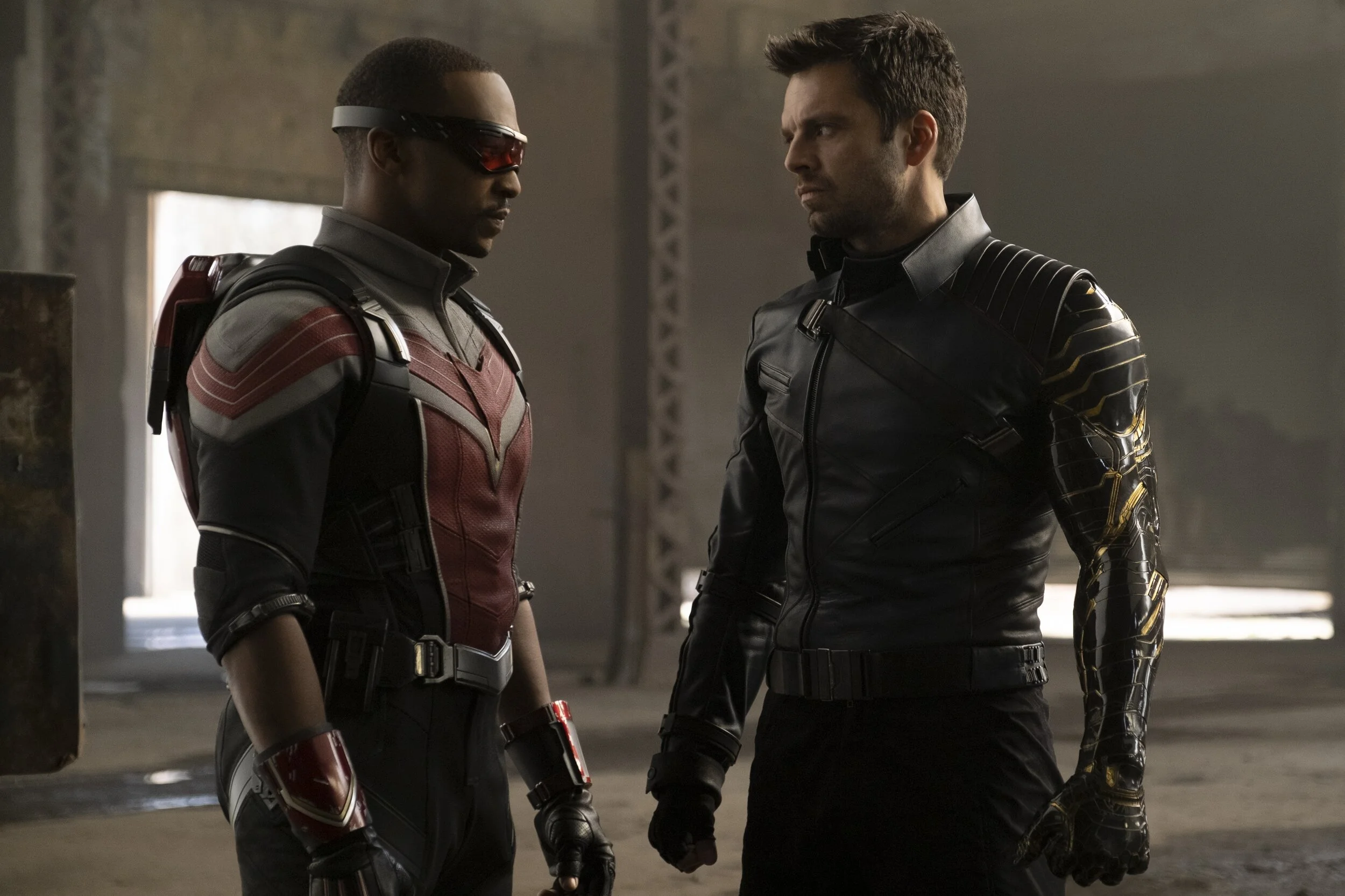SXSW 2021: See You Then
By Andrea Thompson
Hell is other people, it’s been said. It’s a line that will always hold true, and certainly does in the SXSW film “See You Then,” both in the way it was intended, and how it’s been misapplied. Sartre never intended his most famous line to apply to every connection a person develops in their life, but to those who have become so irreparably rotten they can only bring out the worst, both in ourselves and those unfortunate enough to be around us.
You’d think a scant 74 minutes wouldn’t be enough for such misery, especially when “See You Then” spends so little time wallowing. Things are awkward when Kris (Pooya Mohseni) and Naomi (Lynn Chen) decide to meet for dinner in the first time in ten years, with Naomi emotionally and physically withholding from Kris’s attempts to connect, but it becomes clear that Naomi’s distance isn’t due to political, i.e. transphobic reasons, but rather, a very personal history. Naomi and Kris were college sweethearts for three years when Kris left without a word or warning, later transitioning and embracing life as a woman. Whoa.
Equally clear is how stuck both of them have been since then. Naomi has nearly given up on her art and remained in her small college town with two young children she struggles with mothering and a husband who she’s increasingly annoyed with, while Kris is still grappling with her perceived failure to live up to her own beliefs about what her life as a woman should be. She’s yet to fully come to terms with the fact that she may never have a child, and has clearly never moved on from her time with Naomi, which Kris has idealized.
Director Mari Walker is trans herself, and both women benefit from her experience in a film which is refreshingly free of stereotypes as it puts a whole new spin on an old story. Just when you think you know where “See You Then” is going, the film’s final ten minutes change everything, leading to a series of scathingly personal attacks that are on par with the climax of “Ruby Sparks.” If it comes a bit too late for audiences to ruminate over, Chen and Mohseni sell it and everything that came before with performances that are equal parts raw and ruminating as they circle, then blame each other for how far where they are is from where they were.
Walker is also one of those directors who doesn’t just direct her actors, but their surroundings, with each intimate close up ringing just as true as moments of silence, when Kris and Naomi are simply drained and distanced in spite of their physical closeness, as well as the emotional brutality, where flickers of color and darkness seem to swirl around them both. If the film’s final moments seem like too much of a world apart from what came before, it rings truer thanks to the core trio of women who infuse it with painful emotional truths that do indeed ring true in their very capable hands.
Grade: B+




